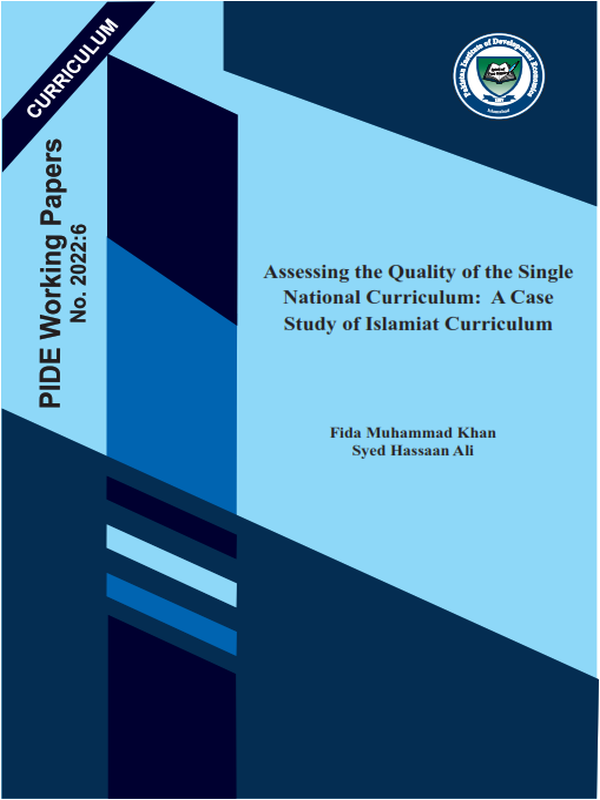Assessing the Quality of the Single National Curriculum: A Case Study of Islamiat Curriculum
The Federal Government announced its plan to introduce a SNC to bring uniformity to schools in the public and private sectors. According to the government and SNC designers, a single curriculum implemented nationwide was the need of the hour. Currently, Pakistan has different streams of education: the public sector, the private sector and the madrassa system. All of these different systems produce a different end-product. This results in inequality and an uneven playing field.
A multiplier effect starts. For example, madrasa students have little or no opportunity to compete with other colleagues with a master’s degree . Similarly, language skills, especially English, are also taught differently in these educational systems. The SNC, therefore, is an attempt to reform the education system by making it uniform across the country.
The designers of the SNC believe applying the new curriculum will ensure that every child gets the same education, medium of instruction and a fair and equal opportunity in the market . It can be said that it is aimed to provide equality of opportunity by ensuring a level playing field.
The SNC project will be implemented in phases across the country. It has been implemented in the three provinces and the Federal territory. The government has completed the first phase and implemented the SNC curriculum from classes 1 to 5. Books of the new curriculum have been published, and the new syllabus has been implemented across the country, excluding Sindh (as mentioned above).
For Full Text Download PDF




